Greenland’s Ice Sheet Is Shedding Six Billion Tons Of Water A Day Due To Unusually Warm Weather
Unusually high temperatures have led the Greenland ice sheet to shed six billion tons of water each day over the weekend of July 15 to July 17.
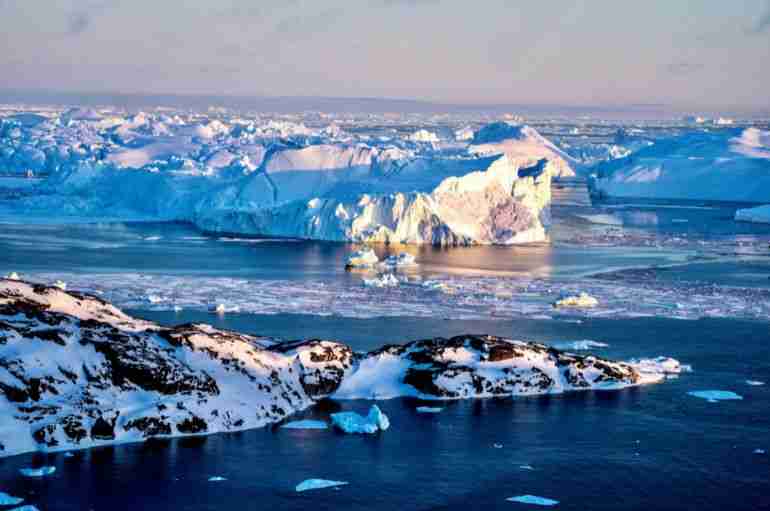
Unusually high temperatures have led the Greenland ice sheet to shed six billion tons of water each day over the weekend of July 15 to July 17.
Over several days, temperatures in northern Greenland hit 15˚C (60˚F), which is 10 degrees warmer than normal for this time of year, scientists told CNN.
The high temperatures have triggered a rapid melt event, with the ice sheet shedding rivers of meltwater into the ocean.
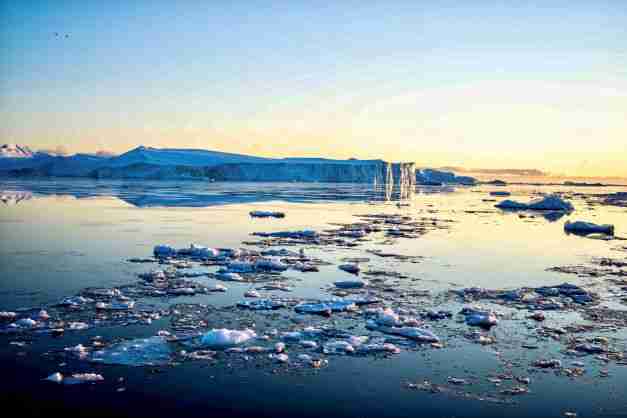
The Greenland ice sheet melts every summer, but scientists say melting has been on the rise.
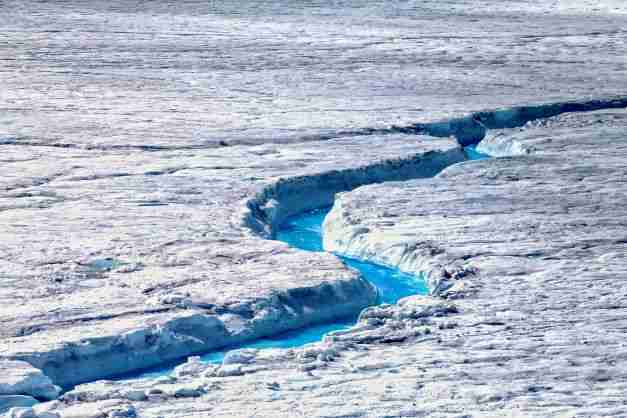
Although the ice sheet – the second largest ice body in the world – gains mass over the winter from snow, its mass has begun to decline as warmer temperatures have meant that the amount of melting is outpacing the accumulation of snow each winter.
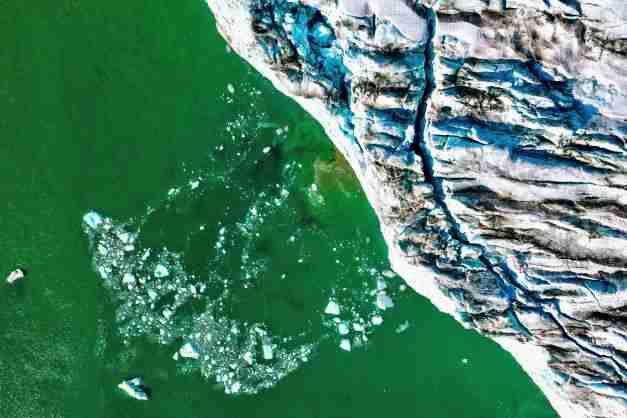
In 2019, the ice sheet lost 532 billion tons of ice in its earliest ever summer melting since satellites began measuring annual melting levels in 1979.
Almost all of the ice sheet’s surface melted, leading to a permanent global sea level rise of 1.5 millimeters, according to CNN.
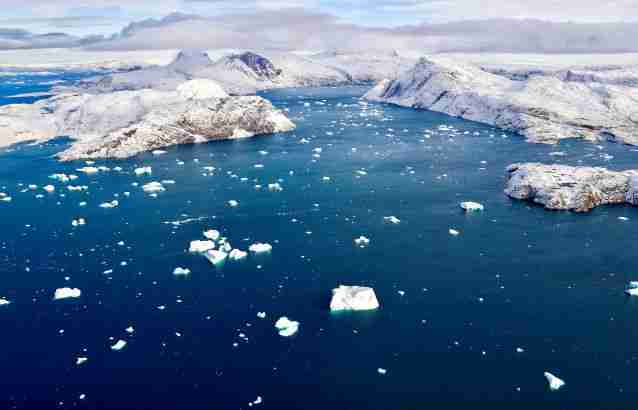
Last August, instead of snow, rain fell on the peak of Greenland’s ice cap for the first time on record, with the water causing the ice to melt.
Temperature at the summit had almost never surpassed freezing, but it rose above freezing for the third time in less than a decade.
“That’s not a healthy sign for an ice sheet,” a glaciologist told Reuters at the time. “Water on ice is bad. It makes the ice sheet more prone to surface melt.”
Climate models project that local warming in Greenland will be 3°C (5°F) to 9°C (16°F) during this century, which would initiate the long-term melting of the ice sheet.
This would lead to a complete melting of the ice sheet over centuries that would result in a global sea level rise of about 7 meters (23 feet).
A rise of this level would inundate almost every major coastal city in the world, according to studies.





